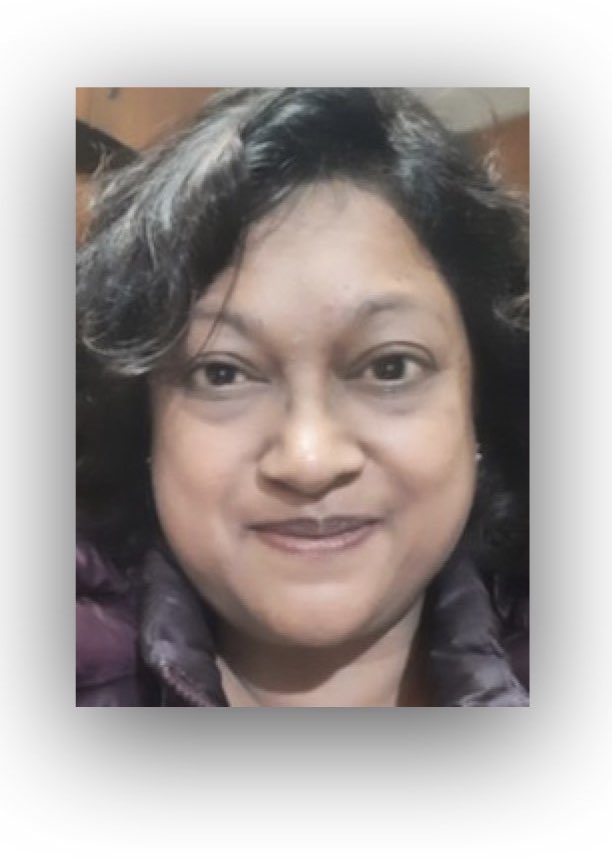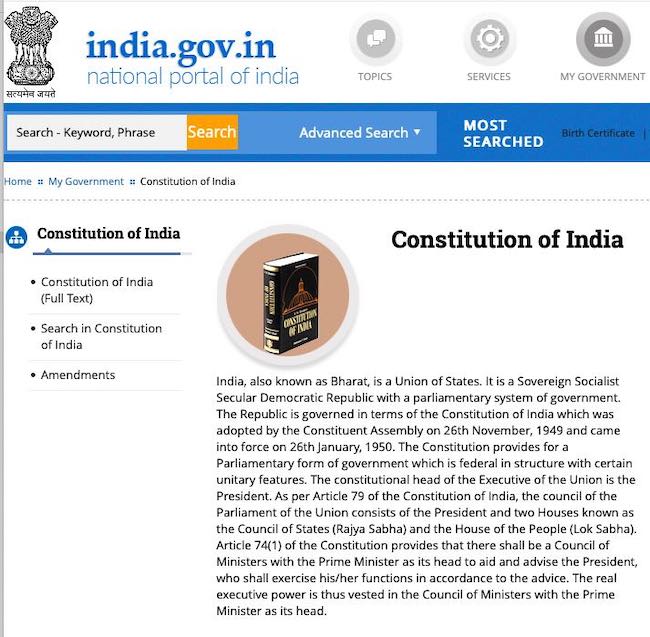[…] Mizoram has just finished polling in its latest round of Assembly elections with a very high voter turnout of 81.19 per cent. How did a decidedly secessionist State turn from the insurgent path towards accepting a place in the Indian Union, and what form of politics developed after the end of the insurgency? Accommodative politics, knitted with political incentives for the insurgents, helped pave the way for the MNF to turn into an electoral force. After that turning point, the tussle between the regional force and the Centre has taken the form of an electoral competition between the Congress and the MNF. We argue that this successful channelling of insurgency into manageable electoral competition is a model that can be emulated in other States of the northeast. […]
Today, Mizoram is a State that cradles several oddities. It is a Christian majority state where the Presbyterian Church has immense sway over everyday life and politics. It is one of the few States with Prohibition [i.e. banning the sale of liquor*] due to an intervention by the Presbyterian Church. It is also one of the few States with a remarkably high voter turnout. Further, electoral politics took a healthy competitive turn after two decades of violence, as we describe below. […]
The normalisation of electoral politics in Mizoram is important as an instance of accommodative politics in India. The reduction in violence brought about by the end of the insurgency and the crippling counterinsurgency campaigns can perhaps be replicated in other States of the northeast.
(Vasundhara Sirnate is the Chief Coordinator of Research at The Hindu Centre for Politics and Public Policy. She and Rahul Verma are Ph.D candidates at the Travers Department of Political Science, University of California, Berkeley.)
Source: From insurgency to electoral democracy by Vasundhara Sirnate Rahul Verma, The Hindu, November 30, 2013
Address : http://www.thehindu.com/opinion/lead/from-insurgency-to-electoral-democracy/article5405661.ece
Date Visited: Wed Dec 04 2013 15:45:26 GMT+0100 (CET)
[Bold typeface added above for emphasis]
* The Indian Express, Thu Aug 29 2013
Mizoram Chief Minister Lal Thanhawla has said the government will review the state’s prohibition law […] Read more >>
Source: Mizo prohibition law to be reviewed: CM – Indian Express
Address : http://www.indianexpress.com/news/mizo-prohibition-law-to-be-reviewed-cm/1161466/
Date Visited: 15 November 2021

“[A] common perception of conversion, prevalent in India, is that all conversions take place only among deprived lower caste or tribal groups, which are considered more susceptible to allurement or coercion. The reality of upper caste conversions is ignored in this climate of cynicism.”– Dr. Ivy Imogene Hansdak in Pandita Ramabai Saraswati: the convert as ‘heretic’ | More about the effects of “casteism” >>
India, a union of states, is a Sovereign, Secular, Democratic Republic with a Parliamentary system of Government | Learn more >>

Tips for using interactive maps
Toggle to normal view (from reader view) should the interactive map not be displayed by your tablet, smartphone or pc browser
For details and hyperlinks click on the rectangular button (left on the map’s header)
Scroll and click on one of the markers for information of special interest
Explore India’s tribal cultural heritage with the help of another interactive map >>
“The uniqueness of northeast states of India lies in their cultures” | Learn more >>
In Marginalised but not Defeated, Tarun Kanti Bose (a seasoned public interest journalist) “talks about the Khasis, Nagas, Karbis, Garos, Rabhas, Misings, Daflas, Bodos, Akas and others in the North-east. […] The mainstream development paradigm is being questioned and new rainbows of collective, community reassertions are happening across the tribal belt in India. More so, in most cases, led by brave, empowered and resilient women.” | Learn more: https://countercurrents.org/2023/05/book-review-marginalised-but-not-defeated >>
Up-to-date reports by Indian journalists and commentators
To search Indian periodicals, magazines, web portals and other sources safely, click here. To find an Indian PhD thesis on a particular tribal community, region and related issues, click here >>
Search tips
Combine the name of any particular state, language or region with that of any tribal (Adivasi) community.
Add keywords of special interest (music, poetry, dance just as health, sacred grove and biodiversity); learn about the rights of Scheduled Tribes such as the “Forest Rights Act” (FRA); and the United Nations “Declaration on the Rights of Indigenous Peoples”, “Universal Declaration of Human Rights”, “women’s rights”, or “children’s right to education”.
Ask a question that includes “tribal” or “Adivasi”, for instance: “Adivasi way of life better?” (or “tribal way of life worse?”)
Specify any particular issue or news item (biodiversity, bonded labour and human trafficking, climate change, ecology, economic development, ethnobotany, ethnomedicine, global warming, hunter-gatherers in a particular region or state, prevention of rural poverty, water access).
For official figures include “scheduled tribe ST” along with a union state or region: e.g. “Chhattisgarh ST community”, “Himalayan tribe”, “Scheduled tribe Tamil Nadu census”, “ST Kerala census”, “Particularly Vulnerable Tribal Group Jharkhand”, “PVTG Rajasthan”, “Adivasi ST Kerala”, “Adibasi ST West Bengal” etc.
In case the Google Custom Search window is not displayed here try the following: (1) toggle between “Reader” and regular viewing; (2) in your browser’s Security settings select “Enable JavaScript” | More tips >>
Note: hyperlinks and quotes are meant for fact-checking and information purposes only | Disclaimer >>
Learn more about biodiversity in the context of development in Mizoram >>